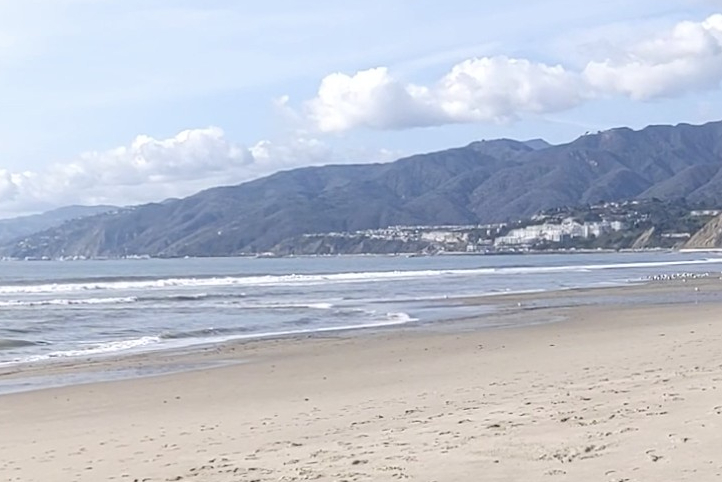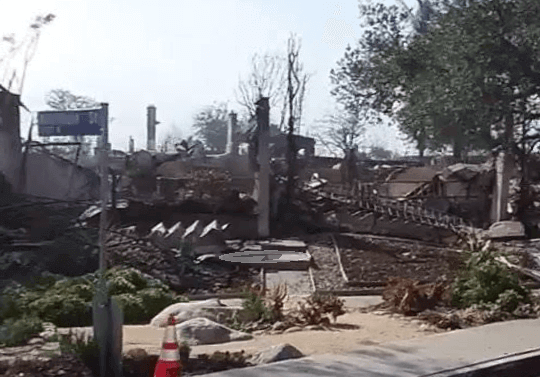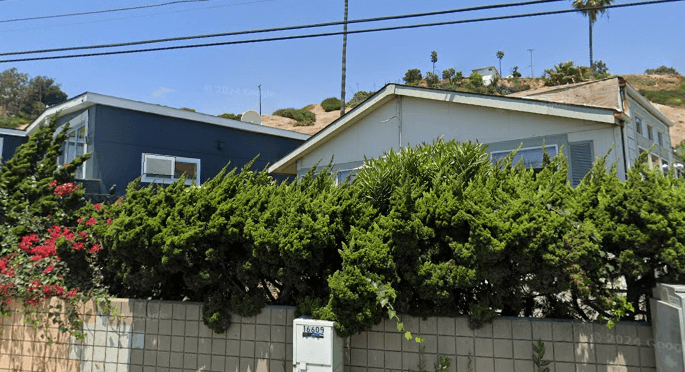Coastal Communities Were Blanketed by an Intense Smell Brought on by an Oceanic Phenomena
Sarena Snider had just returned to Venice Beach after a cross-country flight when the stench hit her.
“Wow, it really smells,” she remembered thinking late Monday night. “Almost like a dead animal.” By morning, the smell had intensified, and she wondered if there had been a gas leak. “I called SoCal Gas, but they said it was coming from the ocean.”
It turns out, Snider wasn’t alone—Venice and surrounding coastal communities had been blanketed by an intense smell brought on by the aftermath of a bioluminescent algae bloom.
In recent weeks, Southern California’s beaches have been glowing with a striking bioluminescent display, a phenomenon caused by the “red tide” of microscopic dinoflagellate algae, which glow blue when agitated by waves. However, as these algae die off, they release hydrogen sulfide, causing a potent “rotten egg” smell along the coast, according to Laura Rink, associate director at Heal the Bay Aquarium in Santa Monica.
As bacteria break down the decaying algae, they deplete oxygen from the surrounding waters, forming “dead zones” where marine life struggles to survive and intensifying the foul odor. This odor has drifted through Venice, Santa Monica, Marina del Rey, Playa del Rey, and Playa Vista, with reports stretching as far as Mid-City, as noted by The Los Angeles Times.
While the phenomenon is natural, human activities like sewage leaks and agricultural runoff can exacerbate these blooms by providing excess nutrients such as nitrogen and phosphorus that fuel algae growth, Heal the Bay notes. Climate change, which warms coastal waters, is also expected to increase the frequency of such blooms. Algae blooms like this one usually don’t last long, but they are anticipated to be more common as ocean temperatures rise.
Despite the smell, the algae responsible for this particular bloom are non-toxic. Heal the Bay has reassured residents that the odor should dissipate within a few days and suggests staying indoors, using fans, and closing windows if the smell becomes bothersome.
For Snider, the relief came quickly as the smell began to fade.
“Luckily, it came and went,” she said. But she admits that if the stench were to linger, it might be a challenge for her and other Angelenos. “If it continues, it might be difficult for everyone around here. So, I’m just happy it didn’t stick around this time.”

























